Marine Aluminum Tubing in Fluid Systems and Lightweight Structures
Marine aluminum tubing is an indispensable material in the maritime and offshore industries, prized for its exceptional corrosion resistance, lightweight nature, and mechanical versatility. Engineered from marine-grade aluminum alloys, this tubing is widely used in fluid handling systems as well as lightweight structural applications aboard vessels, offshore platforms, and coastal infrastructure.
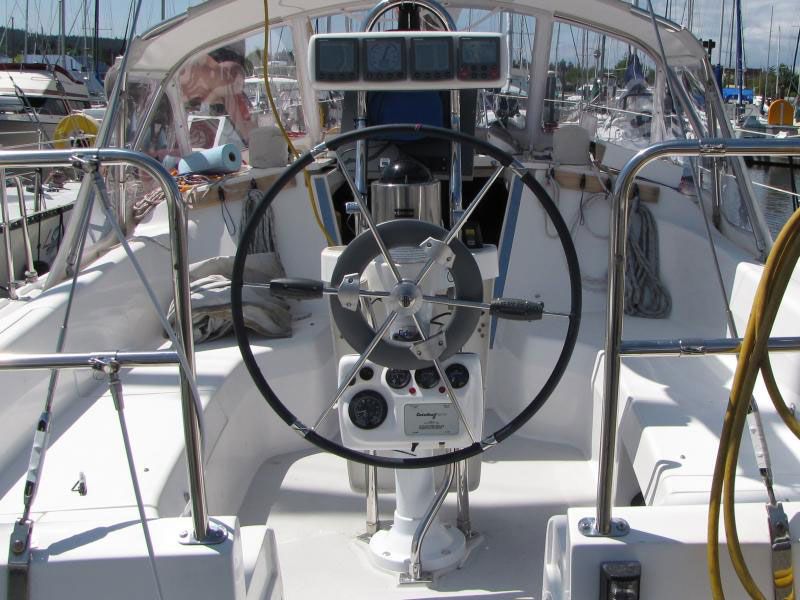
Overview of Marine Aluminum Tubing
Marine aluminum tubing consists of hollow cylindrical profiles fabricated primarily from marine-grade aluminum alloys such as 5083, 5052, 6061, and 6082. These alloys are tailored to withstand harsh offshore conditions, including saltwater corrosion, humid atmospheres, and mechanical stresses.
The tubing offers an optimal balance of strength, corrosion resistance, and weight savings, making it ideal for transporting fluids and constructing lightweight but robust structural elements. Its adaptability allows for seamless integration into a variety of marine systems, providing engineers with durable, efficient, and maintainable materials.
Properties of Marine Aluminum Tubing
Superior Corrosion Resistance: Marine alloys naturally form a tough anodic oxide layer that resists pitting and crevice corrosion in seawater and marine atmospheres.
Lightweight: With a density near 2.66–2.7 g/cm³, aluminum tubing decreases overall vessel weight, improving fuel efficiency and payload capacity.
High Strength: Alloys such as 6061 and 6082 offer excellent tensile and yield strength, ensuring structural reliability under dynamic marine loads.
Good Thermal Conductivity: Aluminum’s high thermal conductivity helps maintain fluid temperature stability and dissipates heat effectively from adjacent machinery.
Fabrication Versatility: Easily formed, cut, welded, and machined, enabling custom fluid system layouts and structural designs.
Common Marine Aluminum Alloys for Tubing
| Alloy | Characteristics | Ideal Marine Uses |
|---|---|---|
| 5083 | High magnesium content (4.0-4.9%), outstanding corrosion resistance | Sea water piping, fluid tanks |
| 5052 | Good formability, excellent corrosion resistance | Non-pressurized fluid conduits, protective conduits |
| 6061 | Heat-treatable, strong, excellent weldability | Pressure vessels, structural tubing |
| 6082 | High strength with balanced corrosion resistance | Structural supports and fluid handling |
Applications in Marine Fluid Systems
Fuel and Oil Lines: Lightweight and corrosion-resistant tubing for safe, reliable fuel delivery systems and lubrication circuits aboard vessels.
Freshwater and Potable Water Pipes: Aluminum tubing prevents contamination and resists corrosion in freshwater distribution systems.
Hydraulic and Pneumatic Systems: Durable tubing for powering marine machinery such as steering systems, cranes, and winches under harsh conditions.
Cooling and HVAC Systems: Tubes serve as heat exchangers, coolant conduits, and ventilation ducting, benefiting from aluminum’s thermal conductivity and corrosion resistance.
Wastewater and Bilge Systems: Corrosion-resistant paths for handling sewage, gray water, and bilge fluids safely aboard ships and offshore rigs.
Applications in Lightweight Marine Structures
Frames and Supports: Aluminum tubing is formed into frames and supports for superstructures, deck furnishings, and equipment mounting, providing strength with weight savings.
Guardrails and Safety Barriers: Strong, corrosion-resistant tubes create safe and durable railings on decks and offshore platforms.
Ladders and Stair Rails: Lightweight but sturdy tubing ideal for marine ladders and handrails exposed to salt spray.
Tents, Awnings, and Shade Structures: Tubular frames resist marine environmental degradation while maintaining structural integrity for crew comfort.
Custom Marine Components: Versatile for fabrication into masts, spars, antenna supports, and other intricate structural elements.
Manufacturing and Quality Control
Extrusion and Rolling: Tubing is typically formed via extrusion or precision rolling from billet aluminum, ensuring consistent dimensions and wall thickness.
Heat Treatment: Depending on alloy, tubing may be solution heat-treated and aged (e.g., T6 temper) to optimize strength.
Surface Finishes: Mill finish tubing is common, with anodizing or powder coating options available to enhance corrosion resistance and aesthetics.
Testing: Marine aluminum tubing undergoes strict dimensional, mechanical, and corrosion resistance testing to meet marine and offshore standards.
Benefits Over Alternative Materials
| Feature | Marine Aluminum Tubing | Stainless Steel Tubing | Steel Tubing |
|---|---|---|---|
| Corrosion Resistance | Excellent in saltwater without coatings | High but heavier and costlier | Poor without extensive coatings |
| Weight | Lightweight (~2.7 g/cm³) | Heavy (~7.7-8.0 g/cm³) | Heavy (~7.85 g/cm³) |
| Fabrication Ease | Easily machined, welded, formed | More difficult and expensive | Fabrication intensive and heavy |
| Thermal Conductivity | High (~150-180 W/m.K) | Lower (~15-25 W/m.K) | Low (~50 W/m.K) |
| Cost | Moderate | High initial cost | Low material cost but higher maintenance |
Maintenance Guidelines
Flush tubing regularly with fresh water to remove salt deposits.
Clean using mild detergents and soft brushes to avoid surface damage.
Inspect fittings and welds for signs of wear, corrosion, or fatigue.
Reapply protective coatings or anodizing in highly aggressive marine areas.
Use proper insulation to prevent galvanic corrosion when tubing contacts dissimilar metals.
Marine Grade Aluminum Tubing offers an exceptional combination of corrosion resistance, strength, and light weight critical for fluid handling systems and structural components aboard marine vessels and offshore platforms. Its adaptability and durability reduce maintenance needs, enhance vessel performance, and support sustainable marine engineering.
For custom sizing, alloy recommendations, and technical support regarding marine aluminum tubing, contact our marine metals specialists committed to delivering solutions tailored to your specific application requirements.
Related Products
6061-T6 90-Degree Marine Aluminum Pipe Elbow
Manufactured from premium 6061-T6 marine-grade aluminum alloy, this elbow fitting is engineered to provide reliable and efficient pipe direction changes within shipbuilding, offshore platforms, and marine infrastructure systems.
View DetailsMarine aluminum round tubes
Marine Grade Aluminum Round Tubes are manufactured from premium marine alloys such as 5083, 5052, 6061, and 6082, all selected for their proven resistance to seawater corrosion and marine atmosphere degradation.
View DetailsCustom marine aluminum profile tubes
Custom Marine Grade Aluminum Profile Tubes are manufactured from premium marine aluminum alloys such as 5083, 5052, 6061, and 6082.
View DetailsMarine aluminum square tubes
Marine Grade Aluminum Square Tubes are typically constructed from marine-grade alloys such as 5083, 5052, 6061, and 6082—well-known for their ability to withstand the aggressive effects of saltwater and marine atmospheres.
View DetailsMarine aluminum rectangular tubes
Marine Grade Aluminum Rectangular Tubes are made from high-performance alloys such as 5083, 5052, 6061, and 6082. These alloys are renowned for their ability to resist corrosive seawater and marine atmospheres while providing excellent mechanical strength and toughness.
View DetailsRelated Blog
Marine Aluminum Pipe Elbow for Shipbuilding
In the ever-evolving shipbuilding industry, the choice of materials plays a pivotal role in ensuring vessel performance, safety, and longevity.
View DetailsMarine Grade Aluminum Pipe Elbow for Offshore Projects
Marine environments pose unique challenges—including corrosion, mechanical stress, and exposure to harsh elements—necessitating the use of specialized materials and components.
View Details5052 Marine Aluminum Tubes for Heavy Duty Marine Applications
When durability, corrosion resistance, and strength are paramount in marine environments, 5052 aluminum alloy tubes is know as the premium choice. Specifically engineered to meet the demanding specifications of heavy-duty marine applications.
View DetailsMarine Aluminum Elbow for Seawater Drainage Systems
Our high-performance Marine Aluminum Elbow designed specifically for seawater drainage systems, offering exceptional corrosion resistance, superior strength, and compatibility with marine-grade piping systems. Learn about its alloy composition, tempering,
View DetailsAluminum Pipe Elbow for Shipboard Refrigeration Lines
In the world of marine refrigeration systems, maintaining integrity, durability, and corrosion resistance is critical to ensure onboard equipment functions on long sea voyages.
View Details6082 Marine Aluminum Tubes for Saltwater Exposure Resistant Boats
Advantages of 6082 marine aluminum tubes, specifically engineered for saltwater exposure resistant boats. Learn about their chemical composition, mechanical properties, tempering conditions, implementation standards, and why they are the optimal choice in
View Details

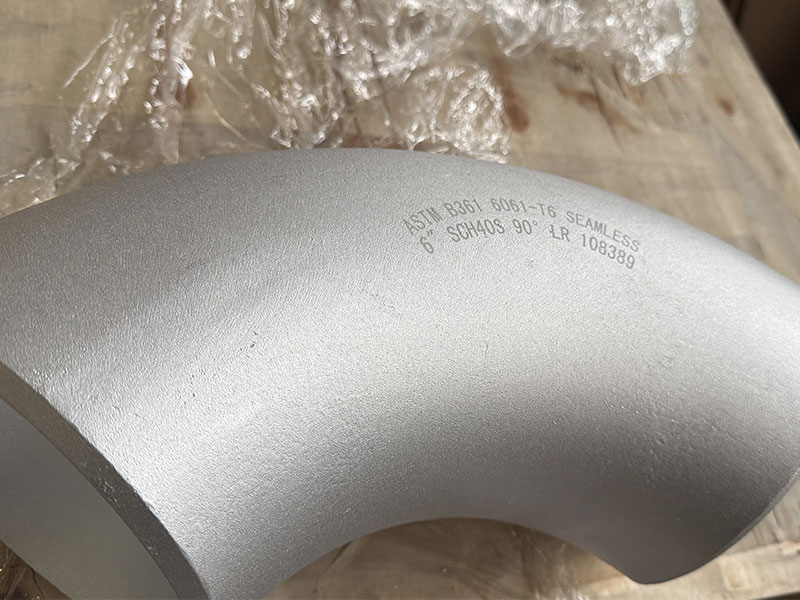
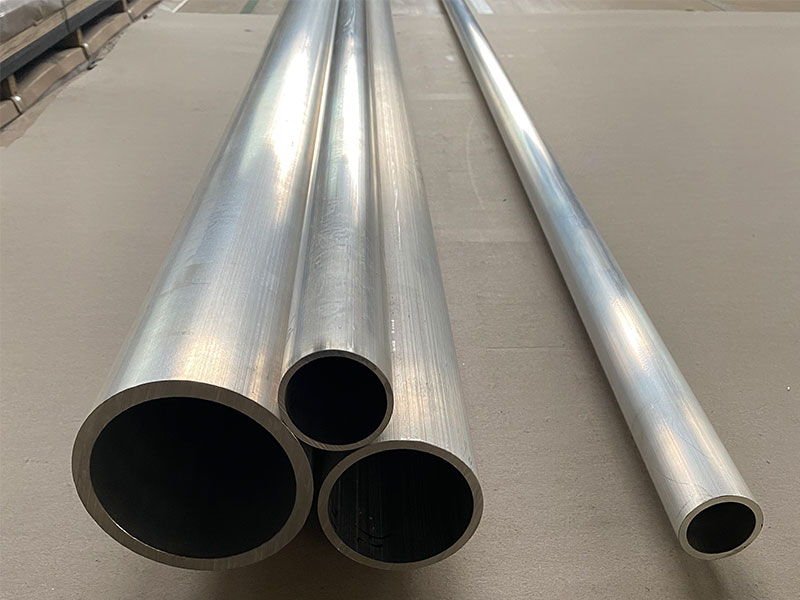
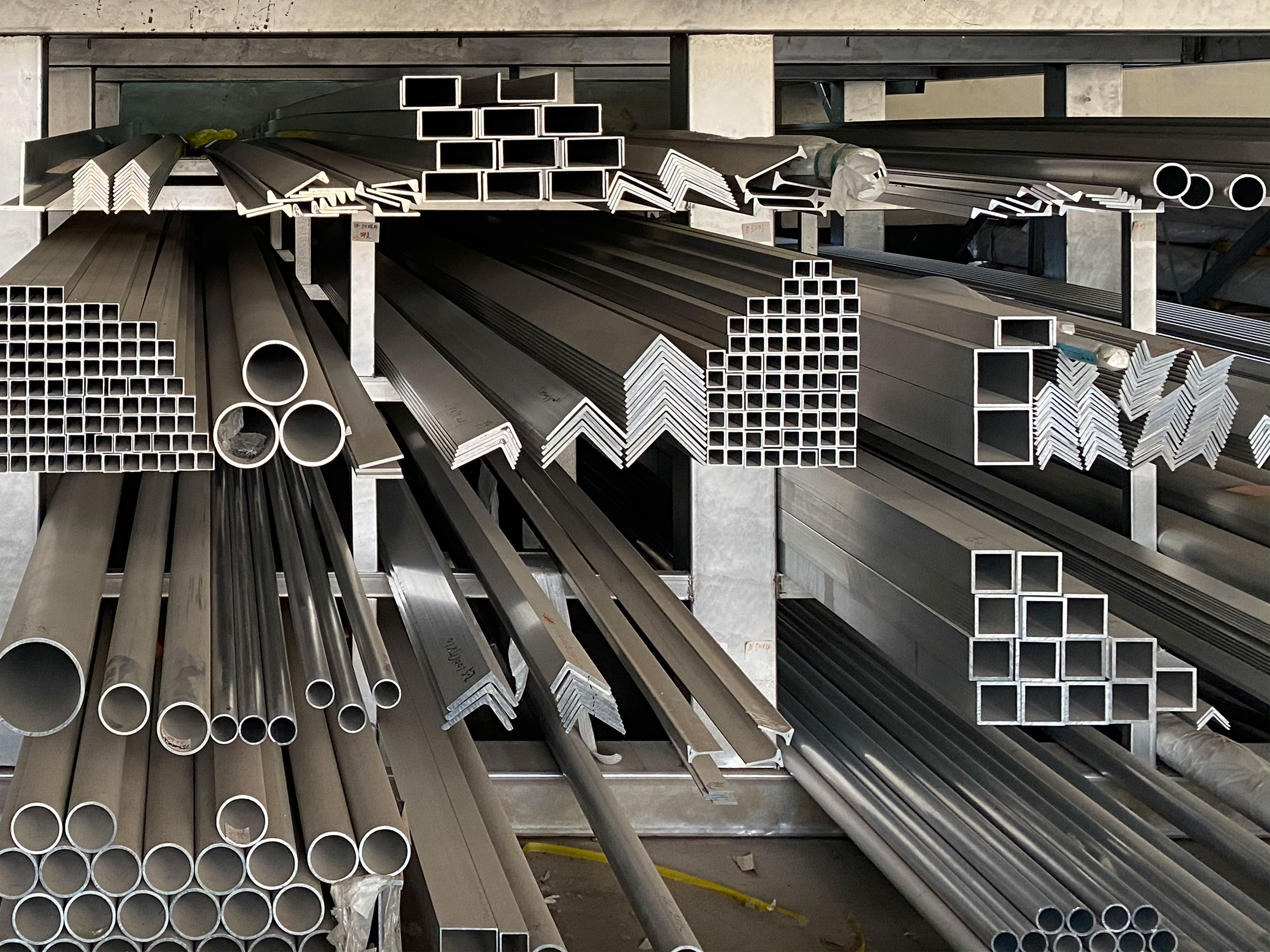
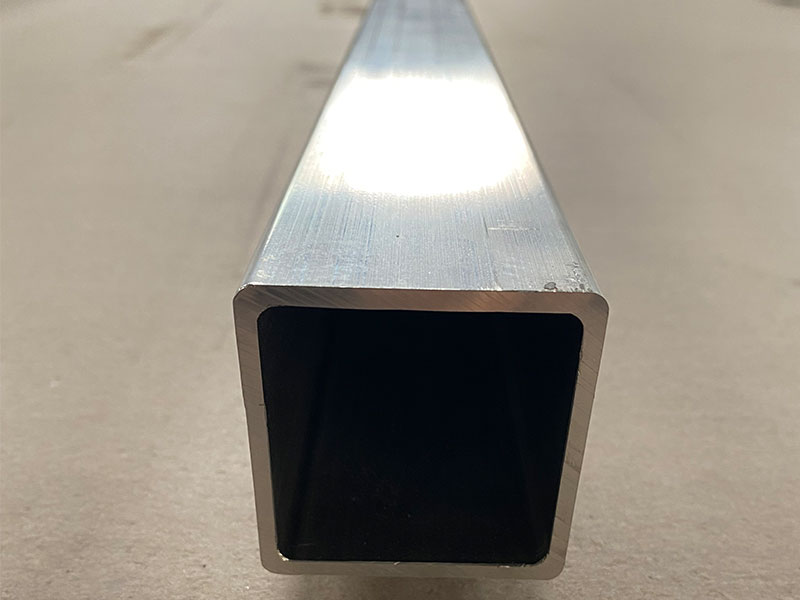
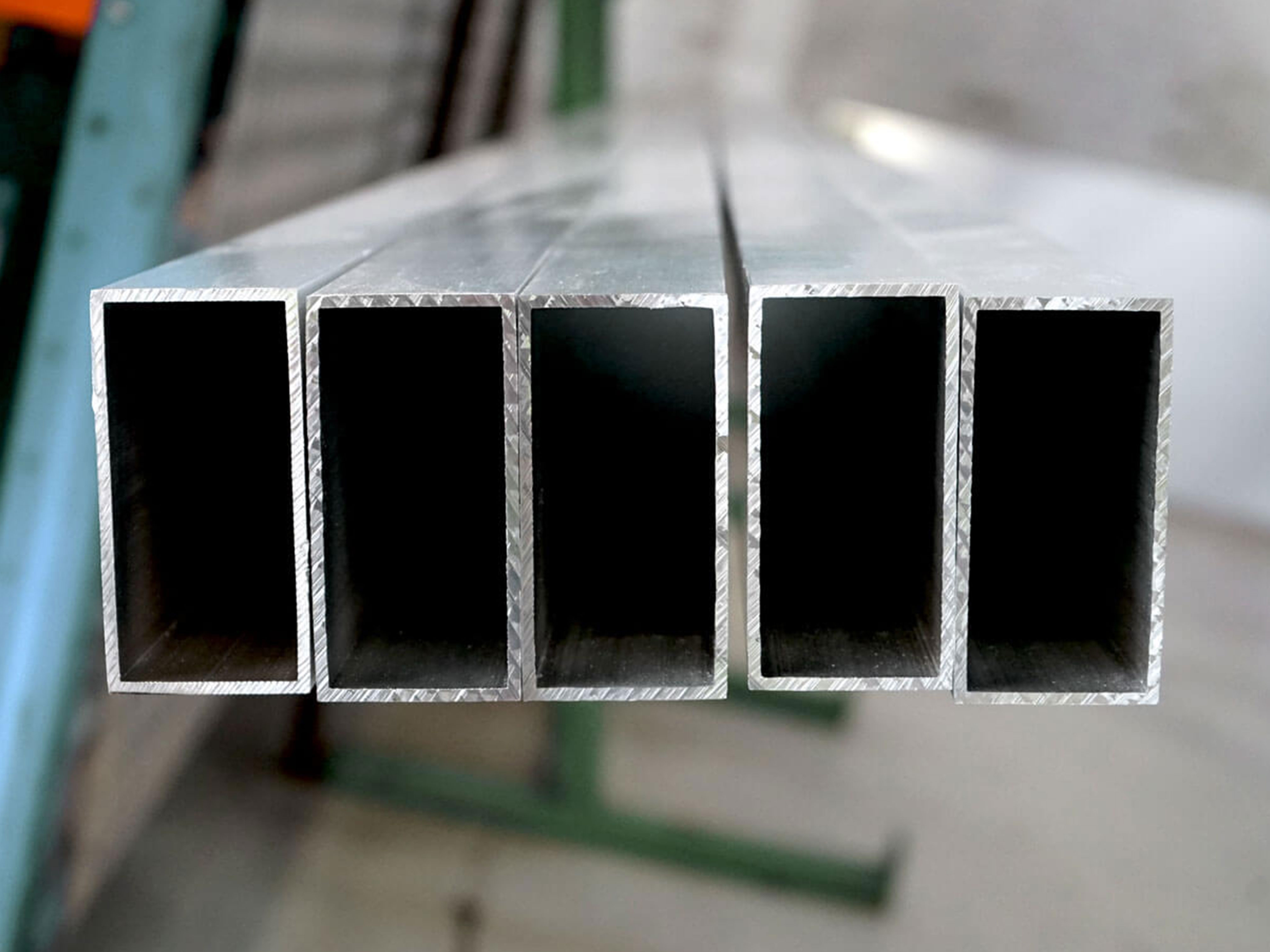






Leave a Message